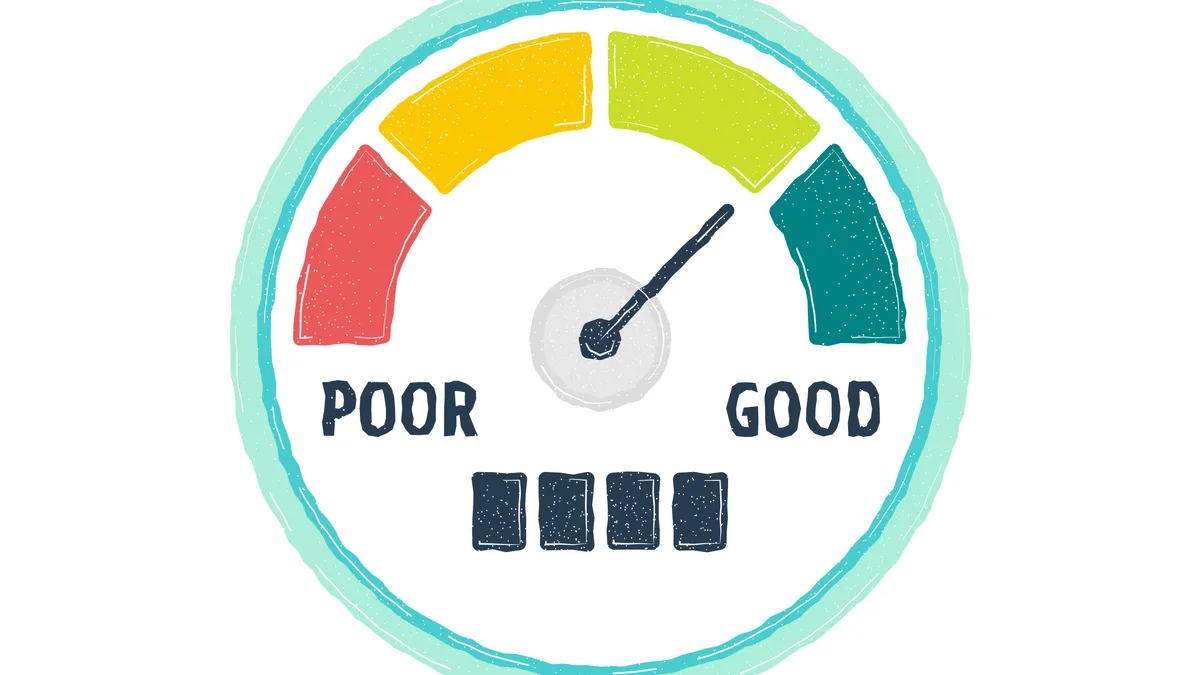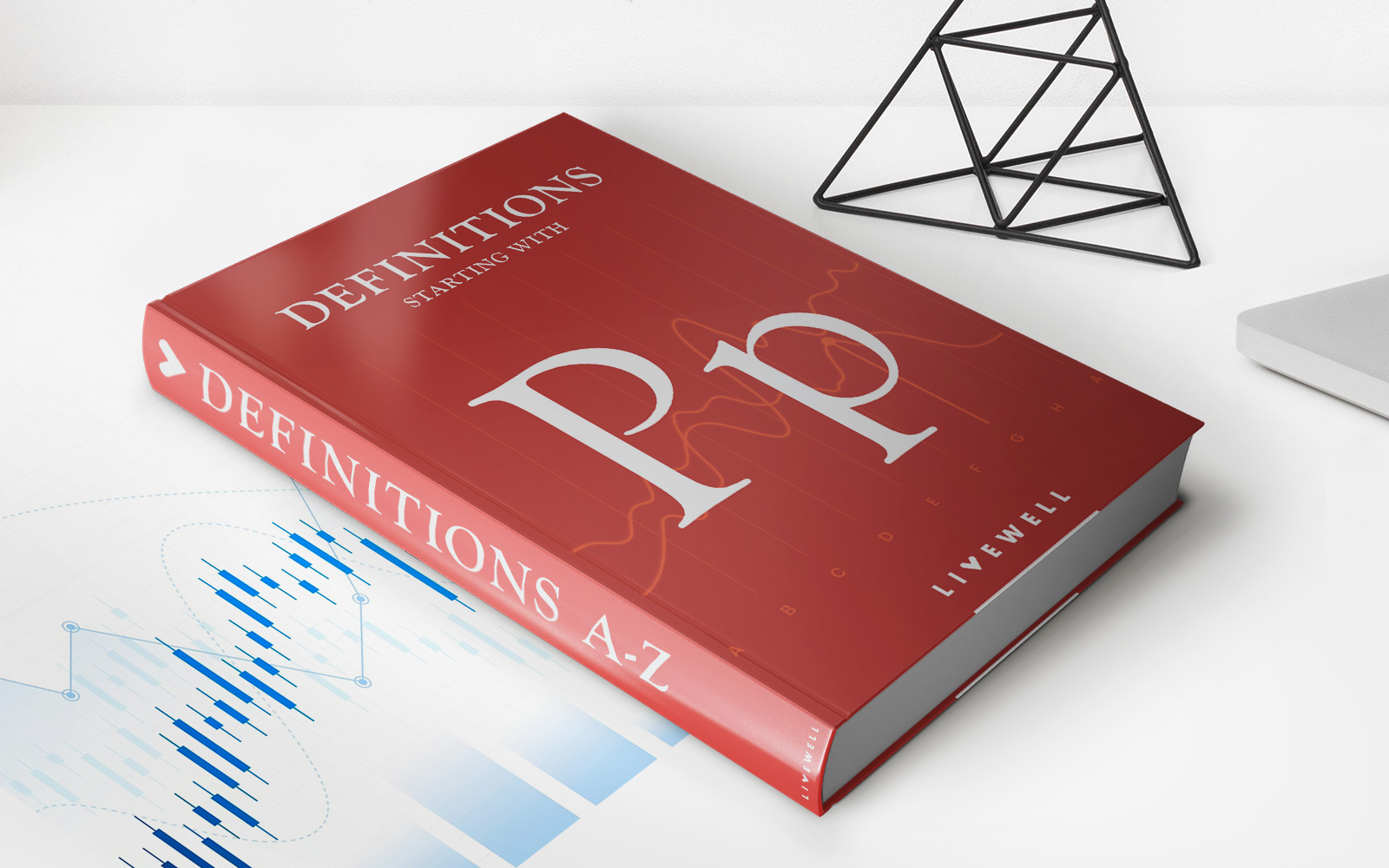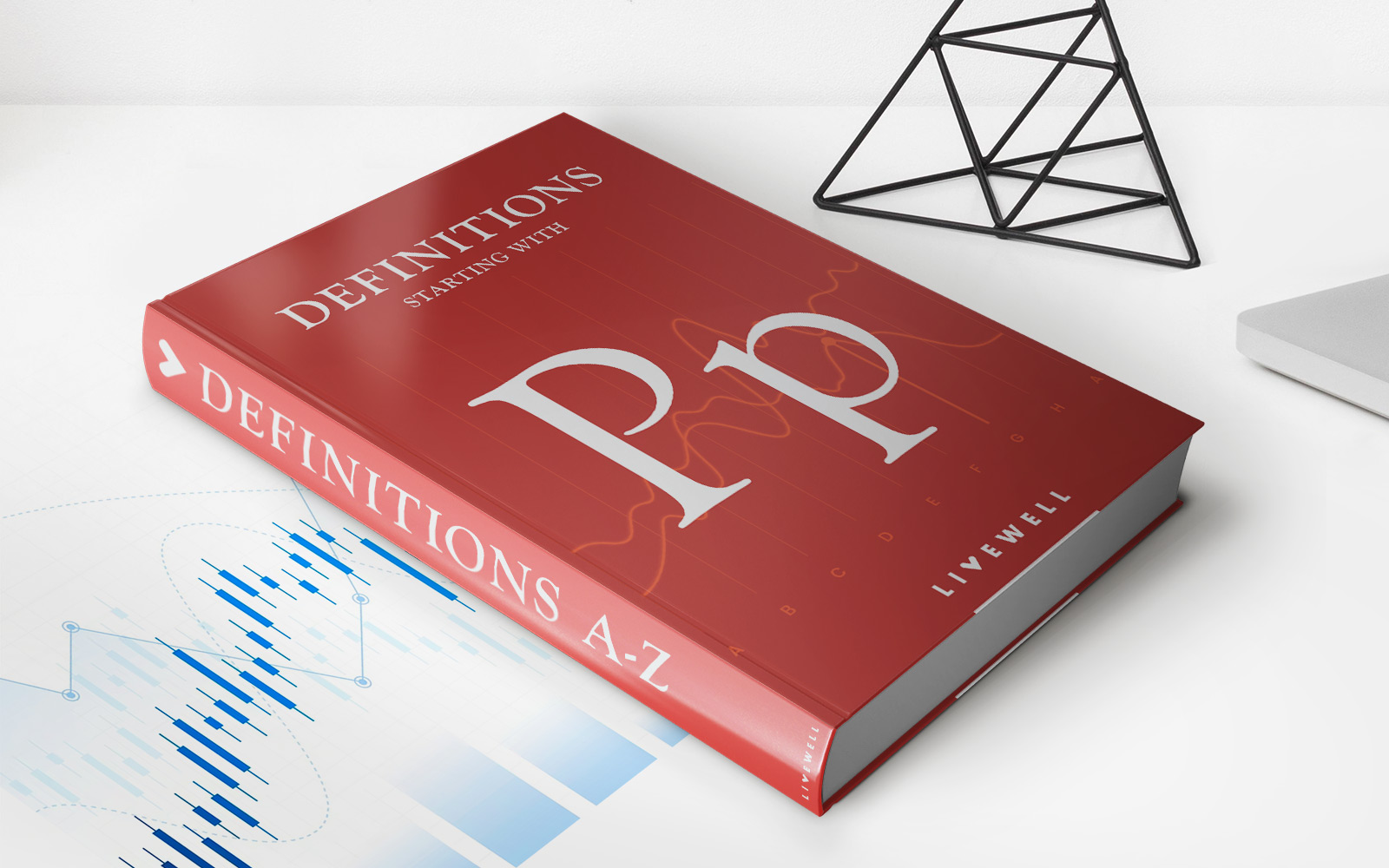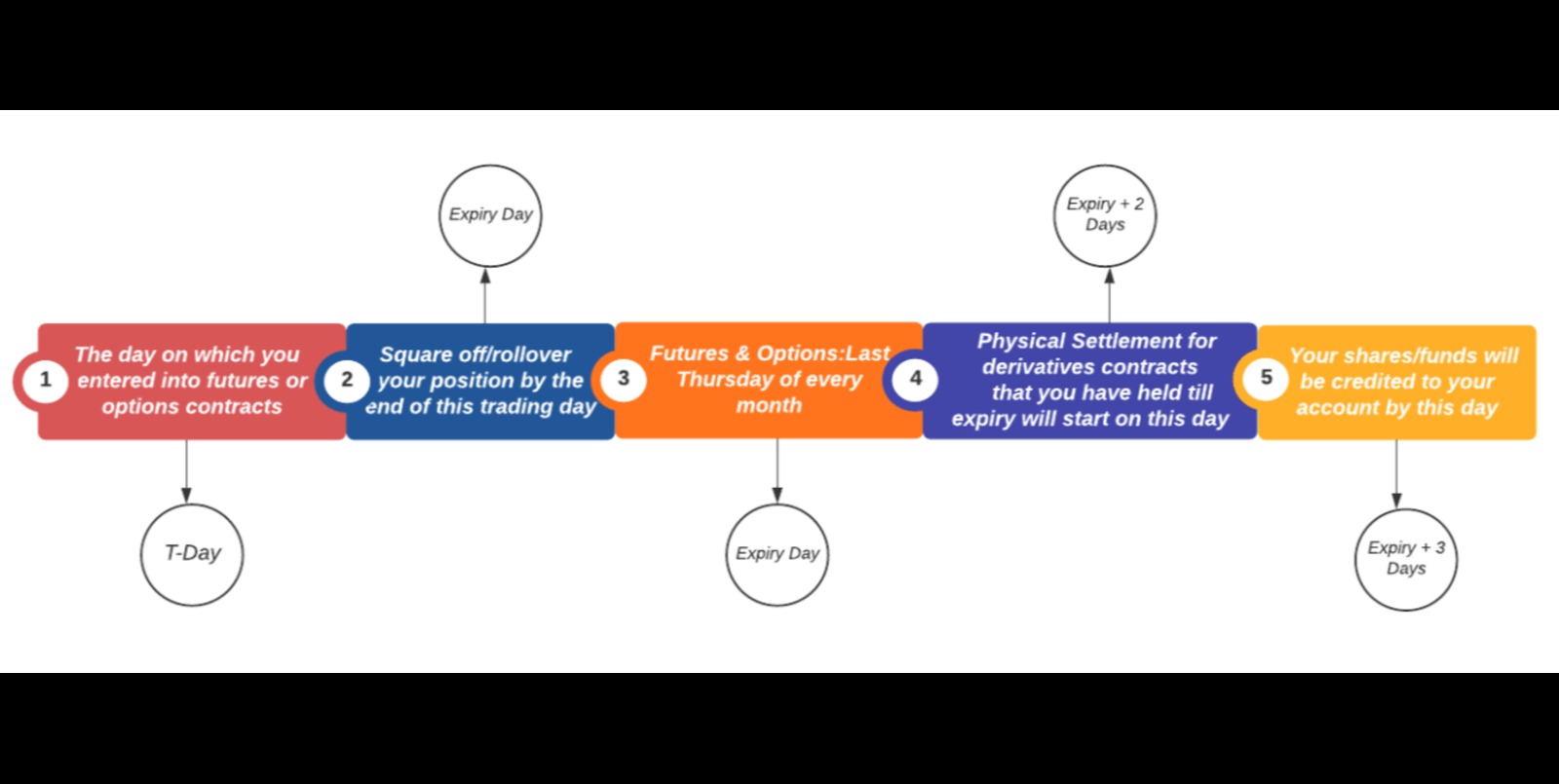

Finance
How Much Does Pre-Approval Hurt Credit
Modified: March 10, 2024
Discover how pre-approval affects your credit score and get insights into the financial implications. Learn if obtaining pre-approval hurts your credit.score,
(Many of the links in this article redirect to a specific reviewed product. Your purchase of these products through affiliate links helps to generate commission for LiveWell, at no extra cost. Learn more)
Table of Contents
Introduction
Welcome to the world of pre-approval and credit scores! If you’re in the market for a new car, a mortgage, or even a credit card, you’ve likely come across the concept of pre-approval. But what exactly is it, and how does it impact your credit score?
Pre-approval is a process by which lenders evaluate your creditworthiness and determine if you qualify for a loan or credit. It involves the lender reviewing your financial information, such as your income, credit history, and debt-to-income ratio, to assess your ability to repay the loan.
Understanding how pre-approval affects your credit score is crucial, as your credit score plays a critical role in your financial life. It determines your eligibility for loans, the interest rates you’ll receive, and even your housing and employment prospects in some cases. Therefore, it’s important to know the potential impact of pre-approval on your credit score.
However, before we delve into that, let’s briefly discuss credit scores. Your credit score is a numeric representation of your creditworthiness, ranging from 300 to 850 in most scoring models. The higher your credit score, the more likely lenders are to view you as a low-risk borrower. Your credit score is calculated based on various factors, such as payment history, credit utilization, length of credit history, and recent credit inquiries.
Now that we have a basic understanding of pre-approval and credit scores, let’s explore how pre-approval can affect your credit score and what factors you should consider before getting pre-approved.
What is Pre-Approval?
Pre-approval is a process that allows potential borrowers to determine how much financing they can obtain from a lender. It involves submitting your financial information to a lender who evaluates your creditworthiness and determines the maximum loan amount you qualify for.
When you apply for pre-approval, the lender will assess your income, employment history, credit score, and other relevant financial factors. This evaluation helps the lender determine whether you meet their lending criteria and your ability to repay the loan.
Pre-approval generally applies to mortgages, auto loans, and personal loans. It offers several benefits, including:
- Determining affordability: Pre-approval gives you an estimate of the loan amount you can afford based on your financial situation. This helps you set a budget and avoid looking at homes or vehicles outside your price range.
- Gaining an advantage in negotiations: Sellers often favor buyers who have obtained pre-approval as it demonstrates their seriousness and financial capability. It can give you an edge in competitive markets where multiple buyers are vying for the same property.
- Saving time: With pre-approval, you have a better understanding of what financing options are available to you. This allows you to focus your efforts on properties or vehicles that are within your budget and avoids wasting time on those that are not.
It’s important to note that pre-approval is not a guarantee of obtaining the loan or credit. The actual loan application and underwriting process will take place once you have identified a specific property or vehicle and finalize the purchase agreement.
Now that we understand what pre-approval entails, let’s explore how it can impact your credit score.
Understanding Credit Scores
Credit scores are numerical representations of your creditworthiness that lenders use to assess your ability to repay borrowed money. They are calculated based on various factors and provide lenders with an indication of your credit risk.
There are several credit scoring models, but one of the most widely used is the FICO score. FICO scores range from 300 to 850, with higher scores indicating a lower credit risk. The factors that influence your credit score include:
- Payment history: This is the most significant factor in determining your credit score. Lenders want to see a history of on-time payments, so any missed or late payments can have a negative impact on your score.
- Credit utilization: This refers to the amount of credit you are currently using compared to your available credit. High utilization rates can indicate financial strain and may negatively impact your score.
- Length of credit history: The longer your credit history, the more information lenders have to assess your creditworthiness. A longer credit history can positively impact your credit score.
- Types of credit: Having a mix of different types of credit, such as credit cards, loans, and mortgages, can be beneficial for your credit score, demonstrating your ability to manage different forms of credit responsibly.
- New credit inquiries: When you apply for new credit, it triggers a “hard inquiry” on your credit report. Too many inquiries within a short period can raise concerns and potentially lower your credit score.
It’s crucial to monitor your credit score regularly and understand the factors that influence it. A good credit score can open doors to favorable lending terms, lower interest rates, and more financial opportunities.
Now that we have a solid understanding of credit scores, let’s explore how pre-approval can affect them.
How Does Pre-Approval Affect Credit Scores?
One of the common concerns when it comes to pre-approval is how it may impact your credit score. When you apply for pre-approval, the lender will typically perform a hard inquiry on your credit report. This inquiry allows the lender to assess your creditworthiness and determine if you qualify for the loan or credit.
It’s important to note that a hard inquiry can have a temporary impact on your credit score. The impact is usually minimal and depends on several factors, including your overall credit history and the number of recent inquiries.
A hard inquiry from pre-approval typically lowers your credit score by a few points. However, the impact is usually short-lived, and your score should recover within a few months, provided you maintain responsible credit habits. The exact impact may vary depending on individual circumstances and credit profile.
While the temporary decrease in your credit score is a consideration, it is often outweighed by the potential benefits of pre-approval. By obtaining pre-approval, you gain a better understanding of your borrowing capacity and can make more informed decisions when it comes to purchasing a home, car, or other significant expenses.
It’s worth noting that not all inquiries are treated equally. Multiple inquiries within a short period, such as when shopping for the best mortgage rate, are often treated as a single inquiry by credit scoring models. This allows you to explore different options without significantly impacting your credit score.
However, it’s essential to approach pre-approval and credit inquiries wisely. Avoid unnecessary or frivolous applications for credit, as these can lead to a negative impact on your credit score. Instead, focus on applying for pre-approval when you are serious about obtaining financing for a specific purchase.
Now that we understand the potential impact of pre-approval on your credit score, let’s explore some factors to consider before getting pre-approved.
Factors to Consider When Getting Pre-Approved
When considering pre-approval for a loan or credit, there are several factors you should take into account to ensure a smooth and successful process. These factors can help you make informed decisions and increase your chances of obtaining favorable terms. Here are some key considerations:
1. Choose the right lender: Research different lenders and compare their pre-approval processes, interest rates, and customer reviews. Look for a lender who offers competitive rates, excellent customer service, and a straightforward pre-approval process.
2. Understand the requirements: Each lender has specific requirements for pre-approval. Familiarize yourself with the necessary documents and information you’ll need to provide, such as income verification, tax returns, bank statements, and credit history.
3. Be mindful of your credit: Before applying for pre-approval, review your credit report to ensure its accuracy and identify areas for improvement, if needed. Pay any outstanding bills, reduce credit card balances, and avoid applying for additional credit before seeking pre-approval.
4. Consider your debt-to-income ratio: Lenders assess your debt-to-income ratio to evaluate your ability to manage additional debt. Aim to keep your debt-to-income ratio below 43%, as it is a common benchmark used by many lenders.
5. Determine your budget: Pre-approval helps you understand how much you can afford to borrow. However, it’s important to consider your personal budget and financial goals. Assess your monthly expenses, including housing costs, utilities, insurance, and other financial obligations, to determine a comfortable borrowing limit.
6. Ask about rate locks: Inquire about rate lock options when obtaining pre-approval. A rate lock allows you to secure an interest rate for a specific period, protecting you from potential rate increases during the home or vehicle search process.
7. Get multiple pre-approvals: It can be beneficial to get pre-approved by multiple lenders to compare interest rates and terms. This approach helps you find the best deal and gives you greater negotiating power when making an offer.
By considering these factors and taking the time to prepare for pre-approval, you can make the most of the process and increase your chances of securing favorable loan terms.
Now that we’ve explored these important factors, let’s move on to some tips for minimizing the impact on your credit score during the pre-approval process.
Tips for Minimizing Credit Score Impact During Pre-Approval
While pre-approval can temporarily lower your credit score, there are steps you can take to minimize the impact and protect your creditworthiness. Here are some useful tips:
1. Time your applications: Avoid applying for multiple lines of credit within a short period. Space out your pre-approval applications to minimize the impact of hard inquiries on your credit score.
2. Be selective with applications: Only apply for pre-approval when you are serious about obtaining financing. Multiple unnecessary applications can raise red flags to lenders and potentially lower your credit score.
3. Research lenders: Look for lenders who use soft inquiries for pre-approval. Soft inquiries do not affect your credit score and allow you to explore your borrowing options without any negative consequences.
4. Discuss rate shopping: Talk to lenders about their policies on rate shopping. Some credit scoring models treat multiple inquiries from rate shopping as a single inquiry, provided they are within a specific timeframe.
5. Understand the impact of credit utilization: Keep your credit utilization ratio low. Aim to use no more than 30% of your available credit. High credit utilization can negatively impact your credit score, so consider paying down credit card balances before seeking pre-approval.
6. Maintain responsible credit habits: Make all your payments on time and avoid any new credit obligations during the pre-approval process. These responsible credit habits contribute to maintaining a good credit score.
7. Monitor your credit: Keep an eye on your credit report and score. Regular monitoring allows you to identify any discrepancies, errors, or fraudulent activity and take appropriate steps to rectify them.
8. Work with a reputable lender: Choose a lender with a good track record of assisting borrowers with pre-approval. A reputable lender will guide you through the process, answer your questions, and provide transparency regarding its impact on your credit score.
Remember, the temporary impact of pre-approval on your credit score is usually minimal. By employing these tips, you can ensure that your credit score remains healthy throughout the pre-approval process.
Now, let’s summarize what we’ve learned so far.
Conclusion
Obtaining pre-approval for a loan or credit can be a valuable step in the home or vehicle buying process. It allows you to determine your borrowing capacity, gain a competitive edge, and make informed decisions. While it’s normal to have concerns about the impact of pre-approval on your credit score, the benefits often outweigh the temporary decrease in your score.
Understanding credit scores and the factors that influence them is crucial. Maintaining a good credit score is important for your financial health and future borrowing opportunities. It’s essential to approach pre-approval and credit inquiries responsibly, keeping in mind the potential impact on your credit score.
When getting pre-approved, consider factors such as the lender you choose, the requirements of the pre-approval process, and your personal financial situation. These considerations can help you navigate the process smoothly and increase your chances of obtaining favorable loan terms.
To minimize the impact of pre-approval on your credit score, time your applications wisely, be selective with your applications, and maintain responsible credit habits. These tips will help protect your creditworthiness and ensure the pre-approval process goes smoothly.
In conclusion, pre-approval is a valuable tool for borrowers in various financial situations. By understanding how it works and considering the factors involved, you can make informed decisions and navigate the process effectively. So, whether you’re looking to buy your dream home or upgrade your car, pre-approval can put you on the path to securing the financing you need.
Remember to monitor your credit, maintain good credit habits, and work with reputable lenders throughout the pre-approval process. By doing so, you’ll be well on your way to achieving your financial goals.
Disclaimer: The information provided in this article is for informational purposes only and should not be considered financial or legal advice.














